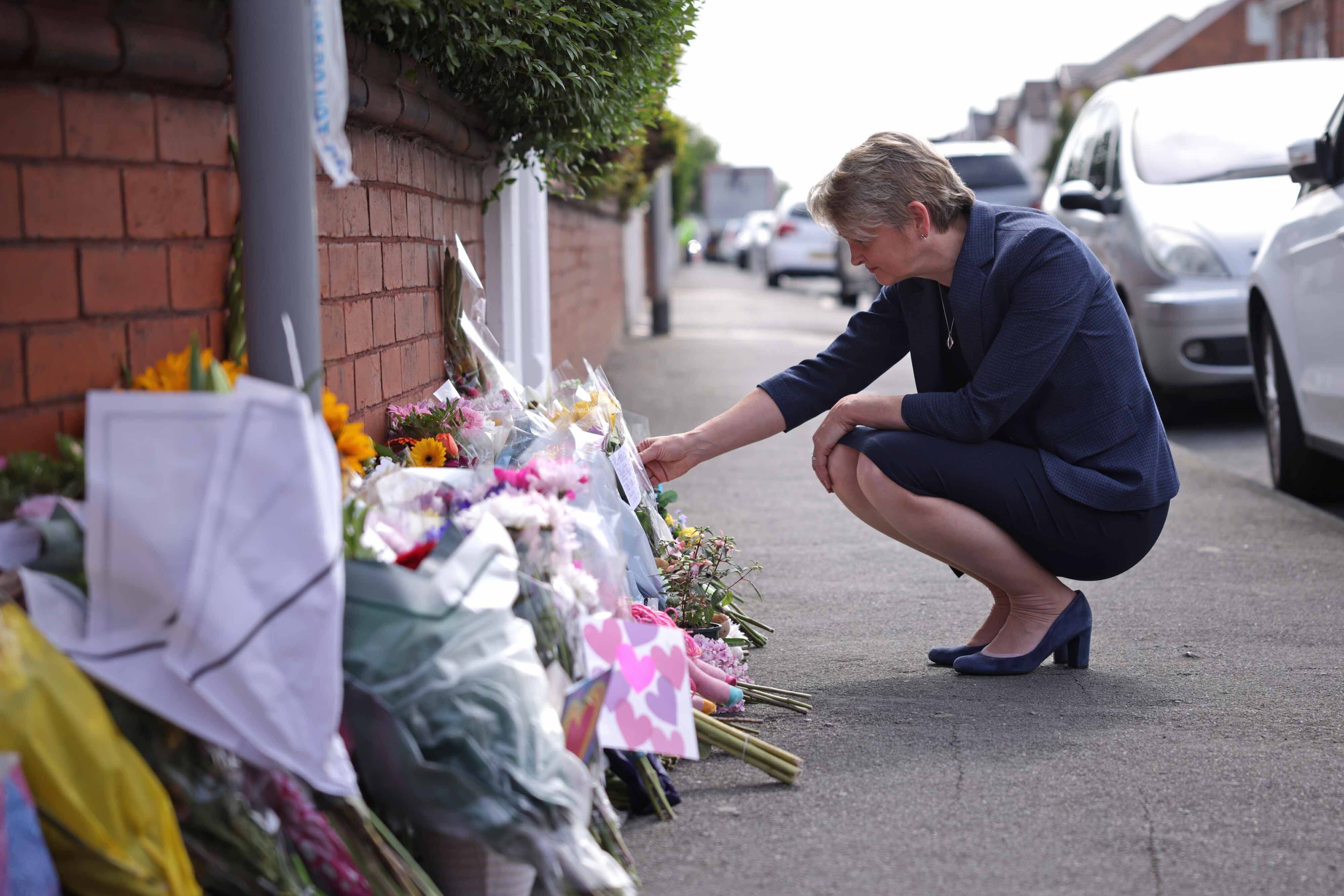The UK’s central programme to stop domestic terrorism, Prevent, has been criticised for failing to intercept Southport attacker Axel Rudakubana before his fatal attack which left three young girls dead in July.
The 18-year-old had previously been referred to Prevent three times before he carried out the atrocity, the first as long ago as 2019. Prime minister Sir Keir Starmer has now ordered a public inquiry into the attack, saying that the anti-terror programme and other state institutions “failed” the families of the victims.
His comments come after Rudakubana, 18, made a surprise guilty plea in court on Monday as his trial was due to begin. He admitted to the murders of Bebe King, six, Elsie Dot Stancombe, seven, and Alice da Silva Aguiar, nine, and trying to kill ten others at a Taylor Swift-themed dance class last summer.

The teenager’s referrals to the Prevent programme were made between December 2019 and April 2021, when he was aged 13 and 14, home secretary Yvette Cooper revealed the day after his trial. Rudakubana had also had contact with the police, the courts, the Youth Justice system, social services and mental health services.
“Yet between them, those agencies failed to identify the terrible risk and danger to others that he posed,” Ms Cooper said. The minister that a ‘Learning Review’ into Rudakubana’s three referrals to Prevent begun in the Summer but remained confidential to protect the integrity of the trial.
“We will publish further details this week, alongside new reforms to the Prevent programme. But we also need more independent answers on both Prevent and all the other agencies that came into contact with this extremely violent teenager as well as answers on how he came to be so dangerous, including through a public inquiry that can get to the truth about what happened and what needs to change.”
Here’s everything you need to know about the UK’s anti-terror programme:
What is Prevent?
The Prevent programme is a central part of the Home Office’s counter-terrorism strategy. Its central aim is to stop people from becoming terrorists or supporting terrorism through early intervention. It also extends to supporting the rehabilitation and disengagement of those already involved in terrorism.
It’s three main objectives are:
The programme comprises a multi-agency approach, with duties extending to many bodies. Legislation introduced in 2015 introduced the ‘Prevent Duty,’ requiring certain sectors to follow Prevent safeguarding policies by law. This includes several specific authorities such as schools, colleges, universities, health, local authorities, police, and prisons.

Local authorities oversee the delivery of the Prevent programme locally. Anyone can refer themselves or someone they know to Prevent if they are concerned that they are susceptible to radicalisation or might be at risk of becoming involved in terrorism or supporting terrorism.
Referrals can be made to a number of bodies with the Prevent duty, but will be handled by specialist officers in the local police force. If a referred person is found to represent a security threat, they should be investigated further under current guidance. In the year to March 2024, there were 6,922 referrals to Prevent.
The Prevent programme is the first of four steps in the government’s counter-terrorism strategy CONTEST. Revised over the years, the strategy was first created in 2003 in as an immediate response to 9/11. The strategy comprises are ‘four Ps,’ and alongside Prevent there is:







